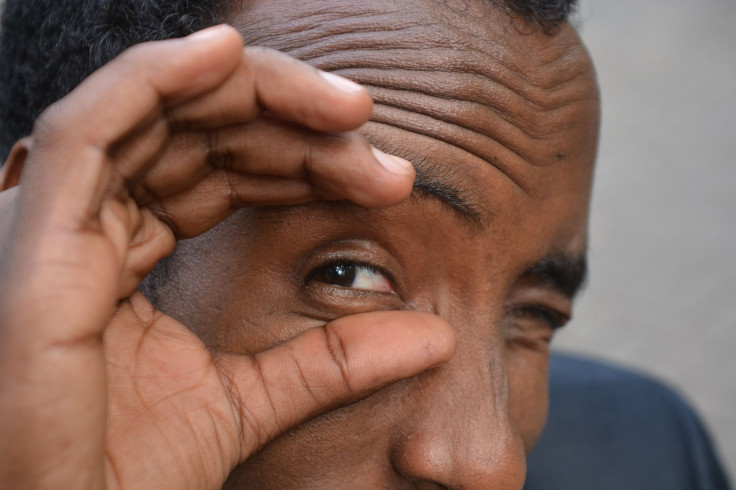Everyone Can Tell You're Insecure: Your Eyes Predict What You'll Do Next, Reveal Your Secrets

No matter what you say, your eyes give away that you’re feeling insecure. And in addition to revealing your secrets, they also predict what you'll do next.
We already know our pupils expand or shrink as the light around us gets darker or brighter, as a way to let in more or less of it. But researchers suggest there’s a lot more to pupil size — that it is a “tell,” kind of like someone shaking their leg when they’re nervous. Our pupils get bigger the more uncertain we are, a study in Nature Communications says, and so they could be used to predict our future actions. Perhaps this isn’t news to professional interrogators, but it further untangles the mystery that is the human brain.
Read: Space Ruins Your Eyes
According to the researchers, our pupils change size because of how our brain responds when we have to make a decision. The University of Amsterdam explained in a statement that in those situations, chemicals that stimulate communication between brain cells “rapidly flood the brain and signal how uncertain somebody is about a choice,” and our pupils react to those chemicals.
When people were put in a room with consistent light levels, so as not to affect their pupil sizes, and were asked to make quick decisions in a computer task, their pupils were largest when they were the most uncertain of their choices. And how does the size predict behavior? The university’s Anne Urai, a neuroscientist, said the subjects often repeated their choices during the test, which is normal, but not as often when their pupils were enlarged.
“Our choices are strongly influenced by our earlier decisions and the state in which they were made,” Urai said in the statement. “Here, we found that pupil dilation specifically predicts a reduction in choice repetition.” In other words, the more uncertain you were of a decision you made, the less likely you are to repeat it. Sensible.
People are constantly making decisions as they go along with their lives, so the information gives scientists a window into human behavior.
“These results show that the brain is able to monitor the uncertainty about each choice we make, and use this information to change future choice behaviour,” Urai said.
See also:
© Copyright IBTimes 2024. All rights reserved.





















